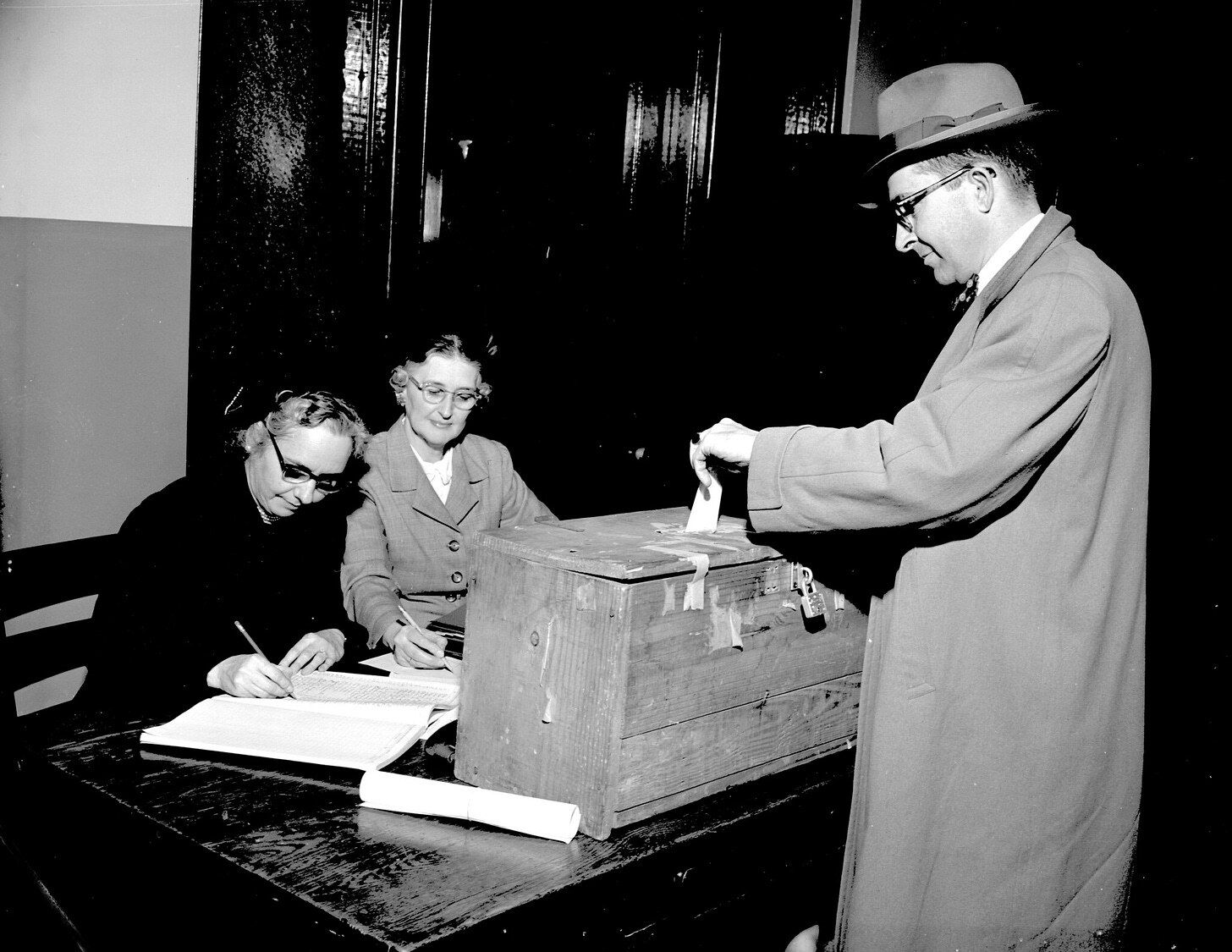
We're going to look at politics today.
I know.
As I write this, Election Day is a few days away, but we’ve been in an election cycle for a very long time. Candidates have been campaigning. They’ve made talking points. They’ve proposed policies. They’ve created gotcha videos and memes. I know. You’re sick of it too.
But what causes these candidates to do what they do? Why do they focus on specific people? What rules cause them to act a certain way? And what is it about North Carolina that makes it so different politically than other states in the South?
For that, I talked to Western Carolina University political science professor Chris Cooper, who gets into all of this stuff in his new book, “Anatomy of a Purple State.” You can listen on Apple Podcasts, Spotify, or by using the player below:
We talked about gerrymandering, how blue areas turned red, how the state constitution gave us SO MANY statewide offices, and why the masonry at state legislative building makes my head hurt. Also at one point, I forgot what Abraham Lincoln’s biggest job was (oops!). Here are some other highlights:
How the Roy Cooper of the past haunts the Roy Cooper of the present
CHRIS COOPER (No relation to Roy Cooper): So we have a very weak governor. We were the last state in the country to give the governor the veto power, and we gave the governor very weak veto power. The way you might notice this as a North Carolina citizen is: The governor does not get to veto legislative or congressional maps. So just imagine an alternate world where Governor Roy Cooper could have vetoed these maps. [People] probably would spend a lot less money on litigation. We'd have different kinds of maps, and different forms of representation.
So when North Carolina finally decided to get the veto, we debated a bunch of different possible vetoes and the one that wins is this weak veto, right? Well, the state senator who proposed it and was the primary sponsor of that bill? A Nash County senator named Roy Cooper. And so I wonder: Does Roy Cooper today look back at past Roy Cooper and say that “I could have made that veto just a little bit stronger.” Could he have changed the state in ways that he would like to have them changed? It illustrates that the shoe is often on the other foot eventually, and that we oftentimes make policies for strategic reasons in the short run. We have an idea that things are never going to change. But inevitably, they always do.
Low Pay for Legislators
COOPER: What's really interesting and I think a little disturbing is that this group of [state lawmakers that] we give the most power to, we pay a whopping $13,951 a year. And we wonder why we tend to get some policies that don't make a lot of sense. Like, could you quit your job right now to make $13,951? And by the way, you get $104 a day for a per diem. Good luck finding a Hampton Inn in Raleigh for $104 per day. It's just not happening. So the way our Constitution sets things up means when you get the power, you don't really get the resources.
How Geography Influences How Candidates Campaign Here
COOPER: The issues are pretty much the same [as they are nationally]. The way that candidates run campaigns in terms of their messaging is probably the same. The strategies are different in North Carolina, right? So our state is pretty diffuse in terms of population. We have more rural voters than in any other state except for the state of Texas. We are not dominated by one city like Atlanta tends to dominate.Georgia politics. And so if you're running a campaign or if you're trying to figure out how to build a coalition of voters, you've got to build it across a larger swath of land, across multiple media markets, often which bleed into other states.
